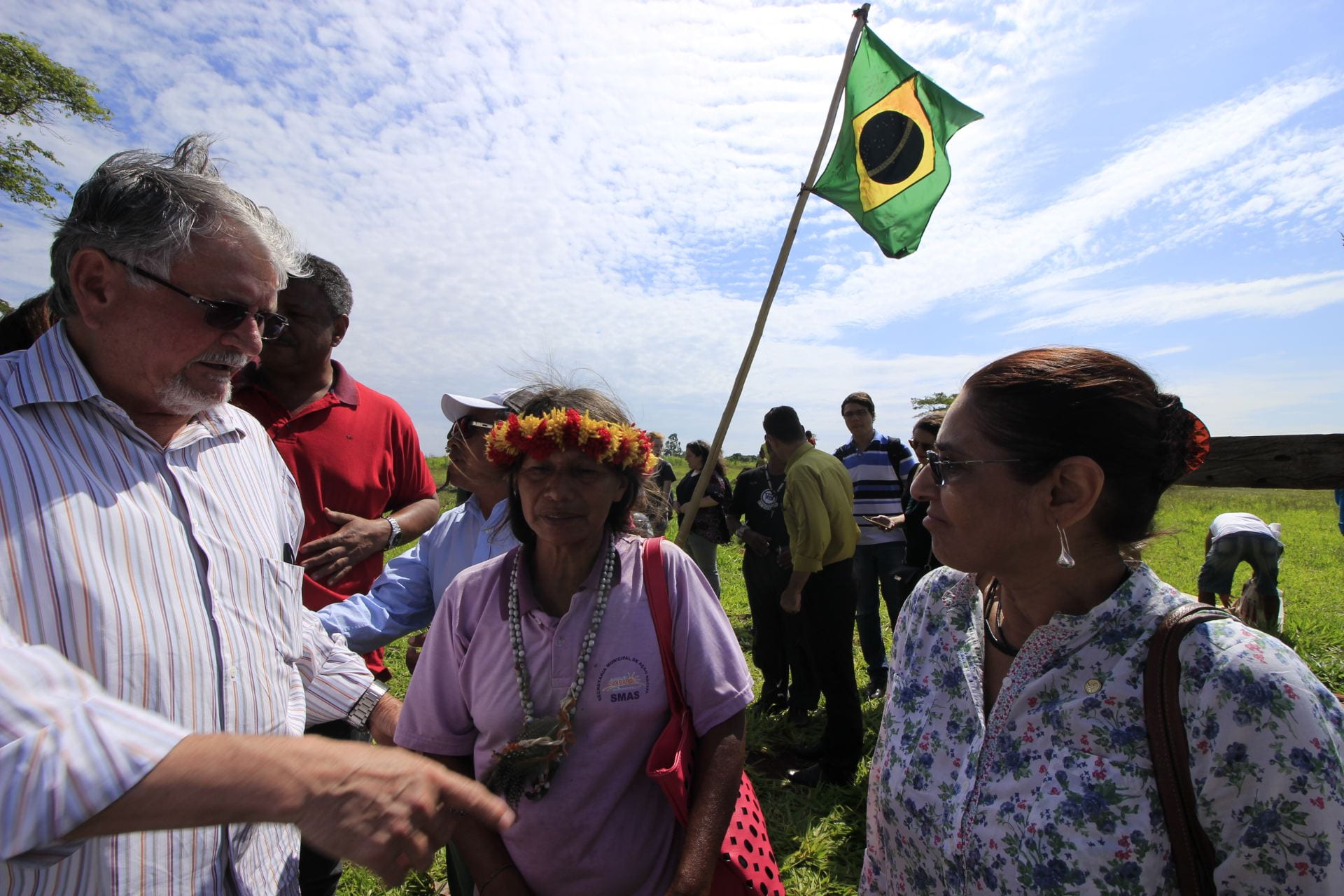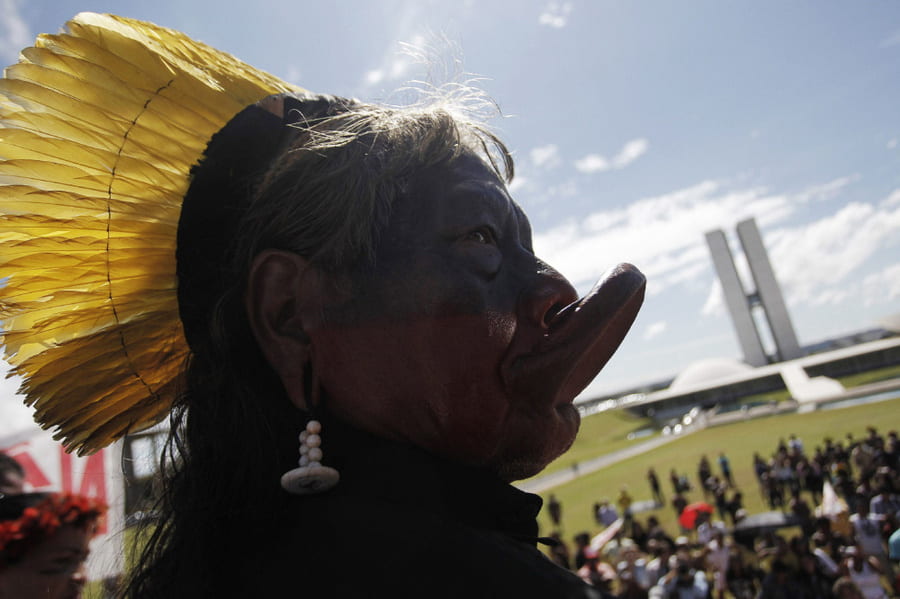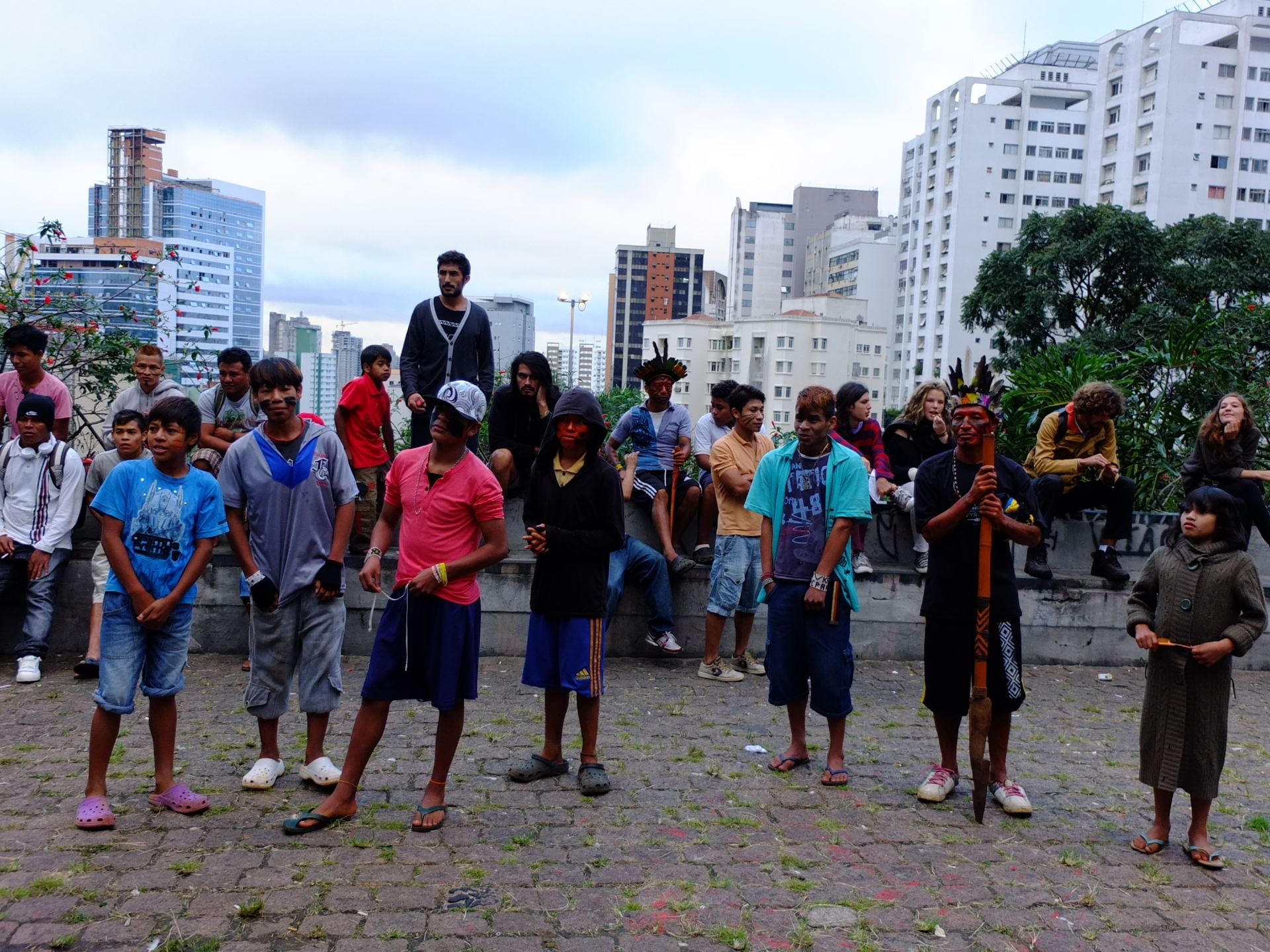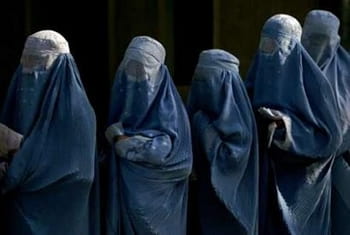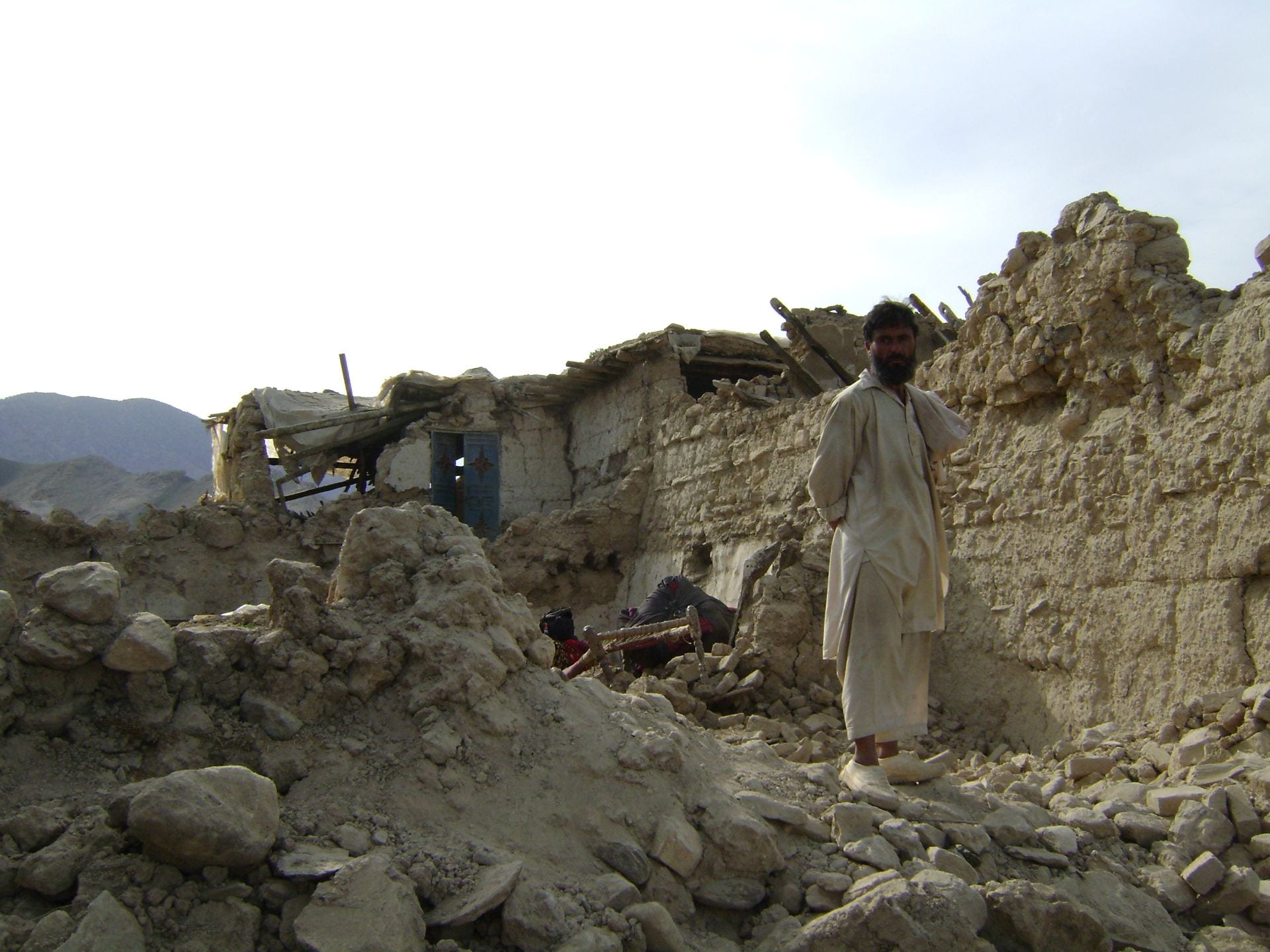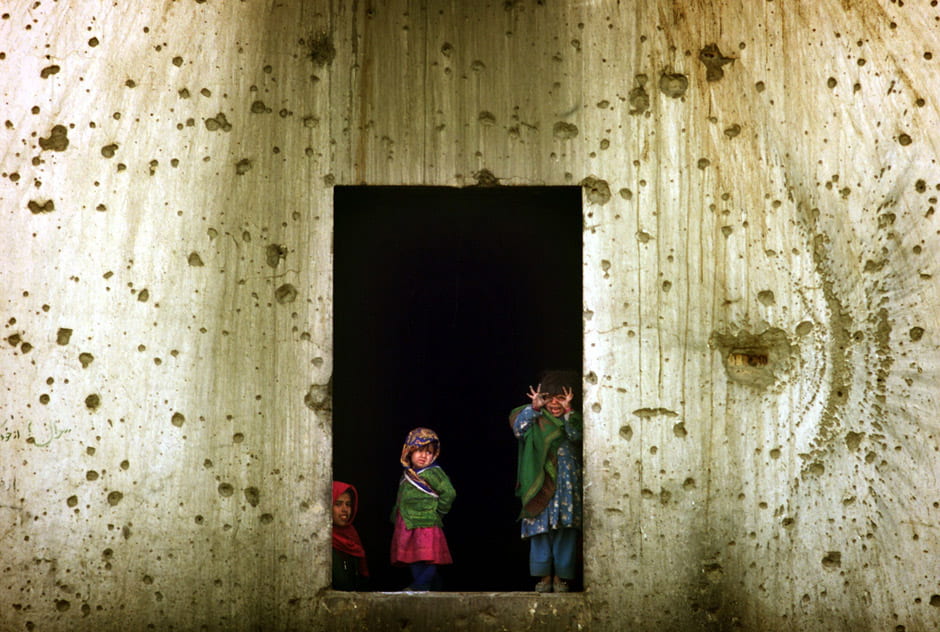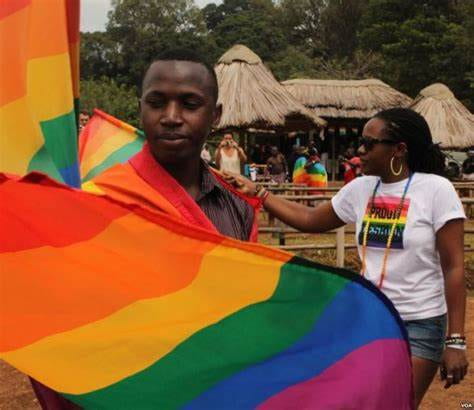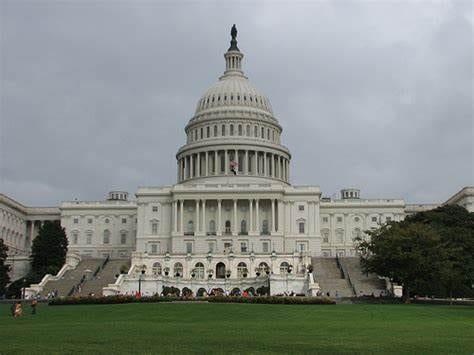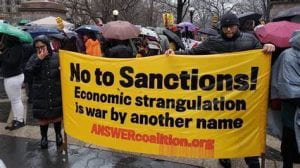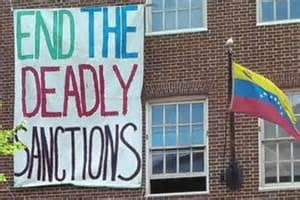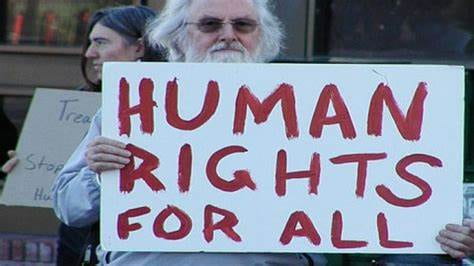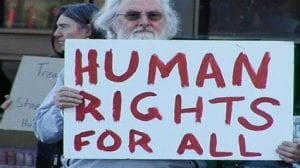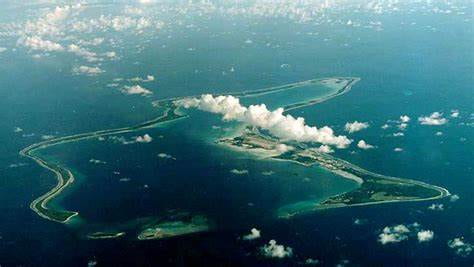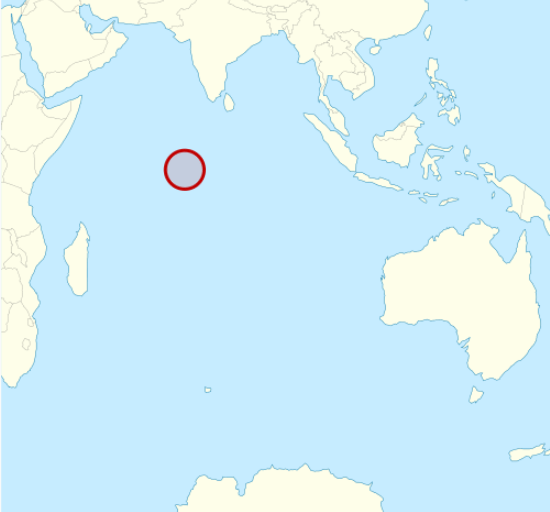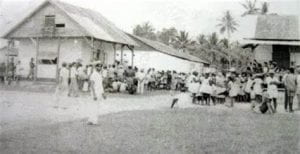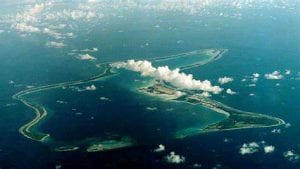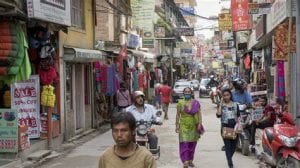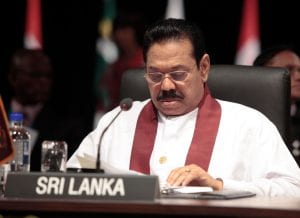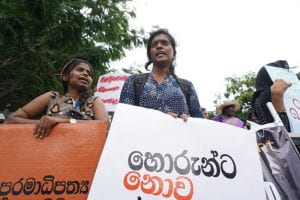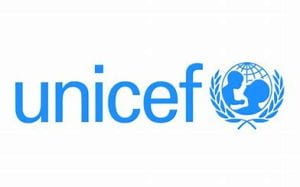by Delisha Valacheril
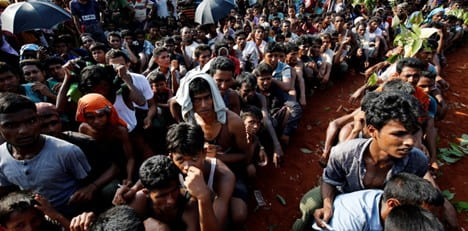
The Rohingya are survivors of atrocities committed by the government of Myanmar. Described as the most persecuted minority in the world by the United Nations, the Rohingya are the world’s largest stateless population. Under Myanmar’s Citizenship Law, the government has consistently denied citizenship to this group of people for decades. 135 distinct ethnic groups are recognized under the law, with Rohingya being one of the few exceptions. Without citizenship, they are deprived of basic rights such as access to health services, education, and employment. Forced to leave their homes and families, more than 730,000 fled to neighboring countries like Bangladesh or Indonesia. Approximately 600,000 still reside in Myanmar’s western Rakhine State. They are restricted to refugee camps and settlements where there is a severe lack of food, adequate healthcare, education, and livelihood opportunities. The long-lasting systemic abuses against the Rohingya at the hands of the Myanmar government are equivalent to crimes against humanity, deprivation of liberty, and even apartheid.
Who are the Rohingya?
The Rohingya are a Muslim ethnic group who have lived in the predominantly Buddhist region of the Rakhine State of Myanmar for generations. Since the government of Myanmar does not recognize them as an official ethnic group, during the conflict, authorities took over much of the former Rohingya land. Forced to flee their homeland, nearly a million Rohingya live in makeshift camps on the outskirts of civilizations. Despite being disenfranchised, refugees try to have a way of life, but the seasonal flooding and tropical storms endemic to safe haven regions like Bangladesh prevent them from doing so. Due to decades of state-sanctioned discrimination, repression, and violence, the Rohingya refugees cannot return to their homes either.
The remaining 600,000 Rohingya who have been arbitrarily detained in Myanmar endure even worse conditions with no agency or freedom. Of the 72,000 children who are confined to these detention sites, 40,000 were born into imprisonment, and it is all they have ever known. Access to indispensable necessities like clean water, enough food, and adequate housing is limited in this squalid, stateless purgatory. Military officials impose strict curfews, unnecessary checkpoints, and barbed wire fencing, significantly affecting the Rohingya population’s right to movement. This directly violates the Universal Declaration of Human Rights, respective of Article 13. By depriving this community of their civil liberties and development rights, such as freedom to movement, food, water, and housing, the government is hardening the barrier of segregation to marginalize them from society permanently.
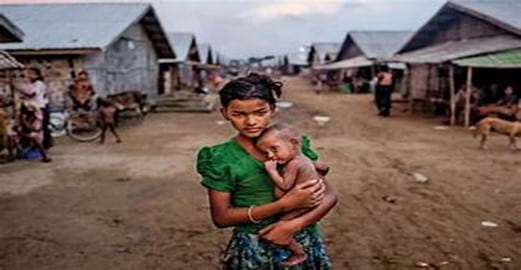
How did the crisis begin?
Presently, in Sittwe, a town that was once home to approximately 75,000 Rohingya residents before 2012—constituting nearly half of the town’s population—only 4,000 individuals remain. Anti-Muslim sentiments across Myanmar marked the onset of a period of heightened oppression of the Rohingya in both policy and actions. Article 3 of the 1982 Law, on the other hand, positions taing-yin-tha, national race, and identity as an ongoing basis for recognition of citizenship. This meant that national race trumps citizenship, so even though Rohingya were born and raised in Myanmar, they can be kicked out because they are not a part of the national race. This environment set the stage for more severe and organized military atrocities in 2016 and 2017. The largest exodus of refugees is marked by military attacks that occurred in August of 2017 that resulted in the massacre of thousands, villages burned to the ground, and the whole community displaced. The war crimes that occurred offer a clear warning of Myanmar’s military to carry out ethnic cleansing and the government to support the internment of the Rohingya people. The brutality that played out in the Rakhine State is on par with apartheid, persecution, and imprisonment.
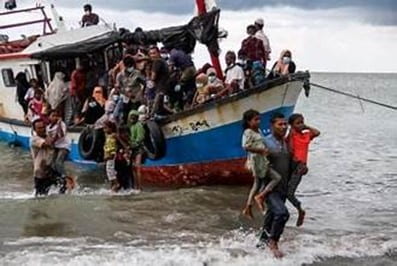
What is happening to Rohingya refugees in Indonesia right now?
Indonesia is turning away 150 Rohingya refugees from its shores because of local resentment about the arrival of boats carrying exhausted refugees. Due to the unending oppression in Myanmar and the growing risks of calamity in Bangladesh, refugees are now risking tumultuous sea voyages to seek refuge in neighboring countries like Indonesia. However, the growing influx of immigrants is a cause for concern for Indonesian residents. The Indonesian navy has intercepted a boat with Rohingya refugees as it neared the coast of Aceh. Aceh is the only state in the archipelago where 90 percent of the population follows Islamic law. The United Nations High Commissioner for Refugees (UNHCR) reported that since November 11 Rohingya boats have landed, and the refugees have relocated to informal sites, mainly in Aceh and one in North Sumatra. The attack on refugees is not an isolated incident but rather the consequence of an organized online campaign of misinformation, deception, and hate speech directed towards Rohingya.
In the escalation of hatred against the Rohingya, hundreds of students stormed a temporary Rohingya shelter in Indonesia’s western Aceh province, demanding their deportation. The students shouted and physically abused the migrants before forcing them onto trucks and transporting them to the government office responsible for immigration. Demands for relocation stem from local anger over the already limited resources that are overstretched to accommodate new arrivals. Residents do not want the refugees in their communities and have gathered to protest boat landings. The greater international pressure to provide fair asylum to Rohingya refugees is causing tensions to rise in Southeast Asian governments. It is unfair to expect these countries to deprive resources of their citizens instead of addressing the real issue.
What Can We Do?
The responsibility to end the worst forms of violence and persecution falls on the government of Myanmar. For instance, by cutting off the Myanmar military’s government funding, the revenue from the abusive operations can be allocated to the Rohingya people so they can finally experience justice.
The governments of Indonesia, Malaysia, and Bangladesh should pressure the government of Myanmar to be responsible for the genocide and displacement of the Rohingya people. By exerting the existing international obligations that require governments to take a number of actions to prevent and punish genocide, war crimes, and crimes against humanity, Myanmar will have to respond. It is a long road to repatriation, but placing pressure on governments and non-profit organizations ensures the onus falls on Myanmar to correct its wrongs.
The long-term root causes of the crisis must be addressed to quell the tide of hopelessness. However, until safe and dignified returns are guaranteed for Rohingya refugees, they will require emergency assistance in order to survive. Myanmar is strengthened as a state by its multi-ethnic, multi-religious makeup. With help from foreign governments and humanitarian aid, the Rohingya can work towards restoring their rights.
